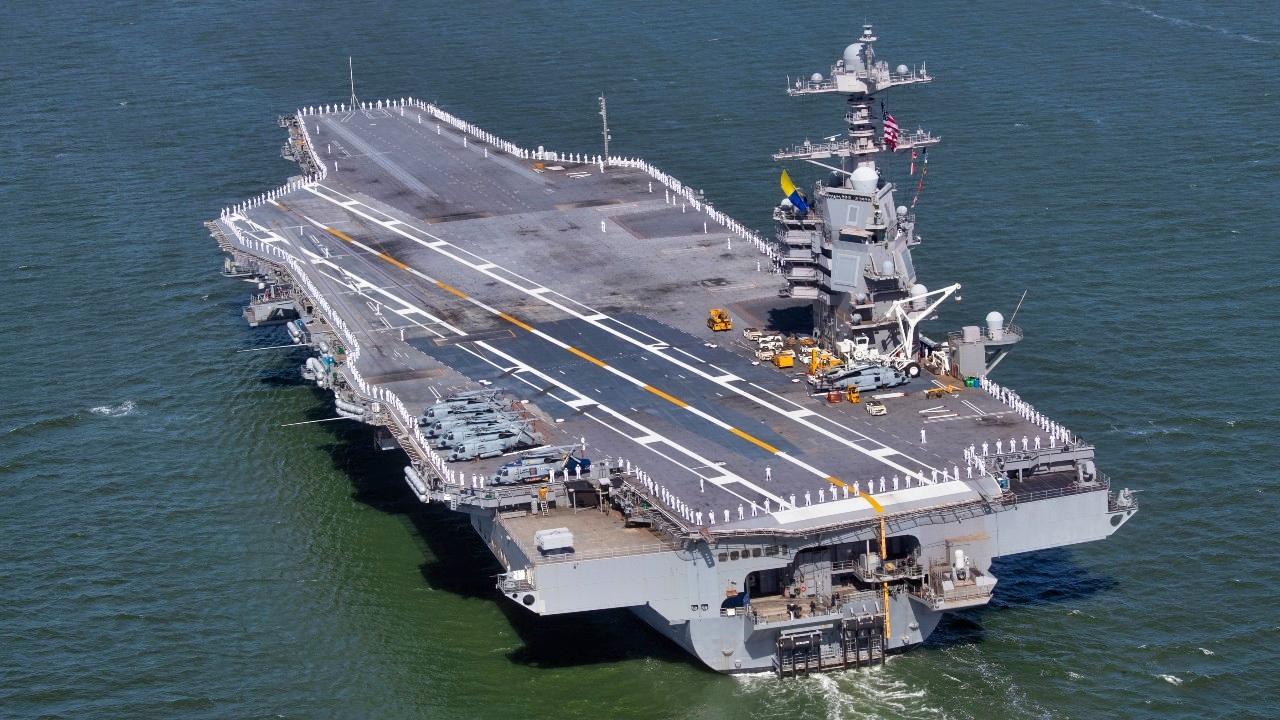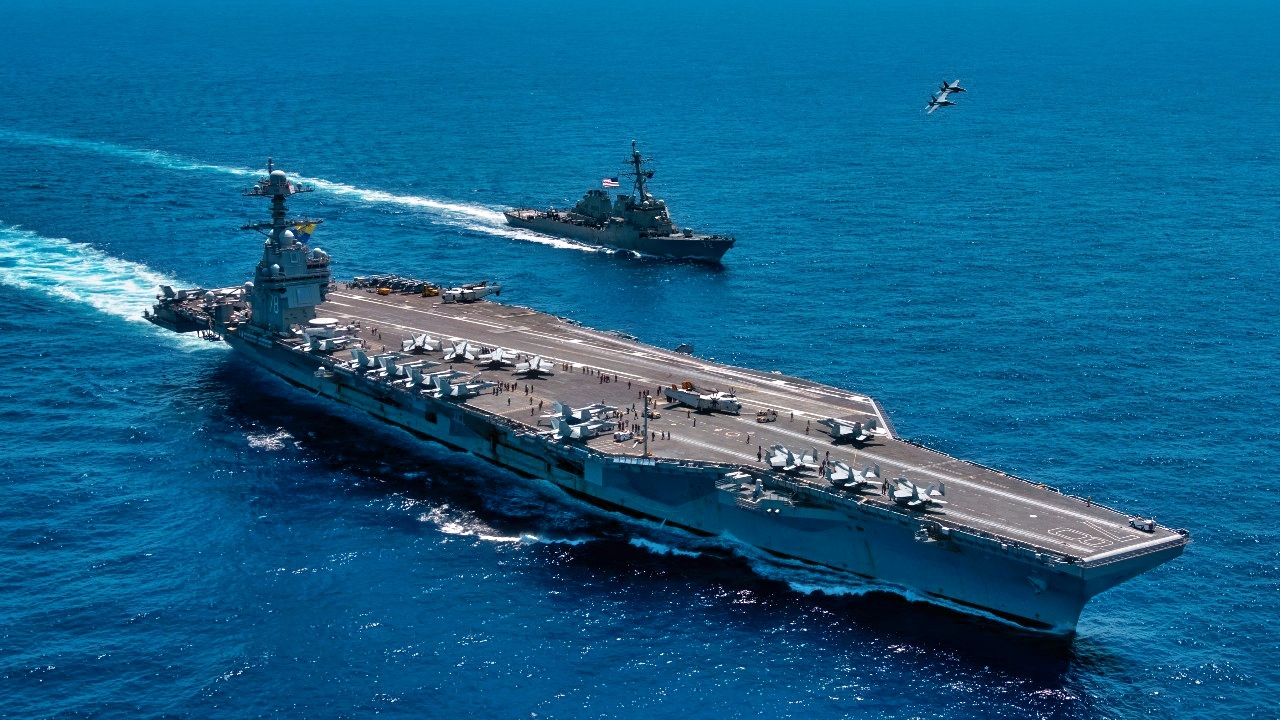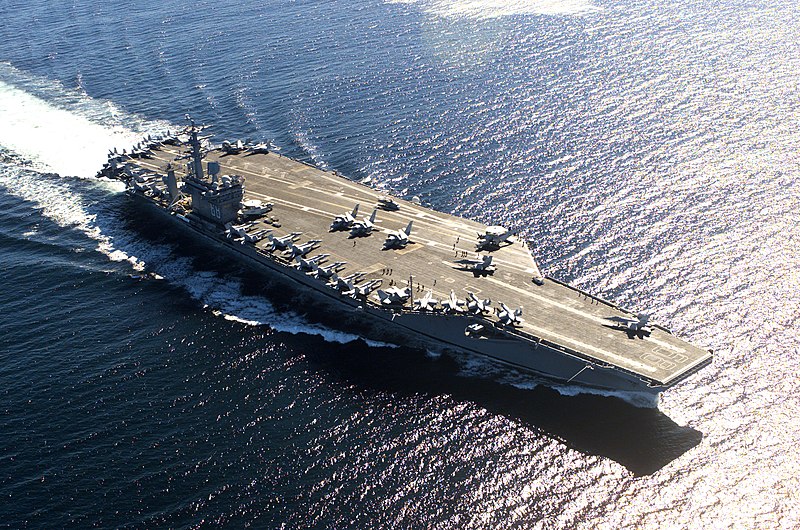
Ford Class Aircraft Carrier
The United States Navy is facing additional delays in the delivery of two of its newest Ford-class aircraft carriers, raising new concerns among defense analysts and military enthusiasts alike. According to recent Navy budget documents for Fiscal Year 2026, these delays reflect ongoing issues with shipbuilding projects, a common theme in naval procurement.
John F. Kennedy Carrier Suffers New Setbacks
The John F. Kennedy aircraft carrier, which was supposed to be delivered this month, will now arrive in March 2027, two years later than planned. These delays are primarily due to unresolved certification issues with critical systems such as the Advanced Arresting Gear (AAG) and the Advanced Weapons Elevator. This delayed delivery is not the carrier’s first setback; it previously experienced a one-year delay.

These advanced systems are critical components of the Ford class, designed to improve operational efficiency significantly. Currently operating on the Gerald Ford, the Kennedy aircraft highlights ongoing challenges in integrating and certifying cutting-edge technologies.
The future Enterprise carrier will also miss its original September 2029 deadline, with delivery now scheduled for July 2030. According to Navy documentation, “delays in material availability and industry/supply chain performance” are the primary reasons for this postponement. This delay adds to previous setbacks, as the Enterprise was originally scheduled to be delivered in 2028 but was later pushed back to 2029.
Recurrent delays underscore enduring vulnerabilities in shipbuilding supply chains, compounded by challenges in material procurement and manufacturing bottlenecks. This highlights broader issues with defense procurement projects for various naval assets.
Ford-class Innovation: Ambitious but Troublesome.
The lead ship, USS Gerald Ford, recently deployed from Norfolk, Virginia, to Europe amid tensions with Iran, demonstrating operational readiness despite prior delays. Its successful deployment contrasts with the ongoing problems encountered by subsequent vessels, which continue to strain timelines and naval strategies.

Broader Naval Procurement Challenges
Admiral James Kilby, acting chief of naval operations, recently addressed systemic issues in naval procurement. “We are behind in every ship class at different rates, but at least years,” Kilby told the Senate Appropriations Subcommittee on Defense.
The Pentagon plans to overcome these setbacks by awarding contracts to boost ship manufacturing capacity, develop unmanned systems, and modernise centuries-old shipyards. It is unclear whether these measures will effectively address the underlying causes of the delays.
The Future of Navy Carrier Operations
The ongoing delays in delivering these critical vessels have called into question the Navy’s ability to maintain strategic superiority. The timely deployment of carriers is critical to power projection and naval dominance, especially in regions with high geopolitical tensions.
Moving forward, addressing systemic issues in naval procurement and incorporating advanced technologies will be critical. These ongoing carrier delays have a long-term impact on strategic planning and global military positioning, in addition to operational readiness.









